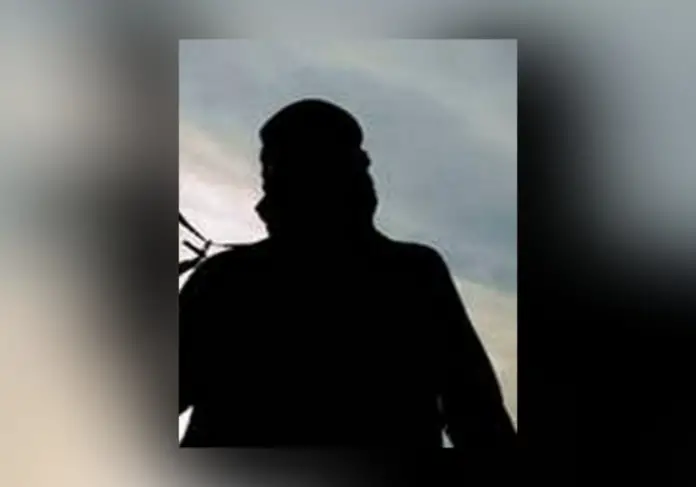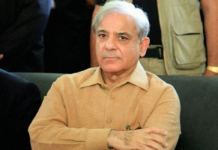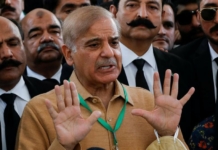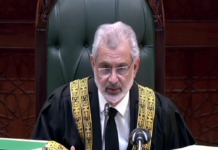Civil society has expressed grave displeasure over the government’s ceasefire agreement with banned group Tehreek-i-Taliban (TTP) Pakistan on Monday, with many wondering whether the decision would take its due course in parliament.
Information Minister Fawad Chaudhry announced on Pakistan state television, PTV that a ceasefire, facilitated by the Afghan Taliban, was reached with the TTP. Chaudhry said that the agreement was reached to protect national interests such as security, sovereignty, and socio-economic stability.
Separately, TTP Spokesman Muhammad Khurasani in a statement confirmed that a ceasefire would be in effect from November 9 to December 9.
Following the announcement, Pakistan Peoples Party Chairman Bilawal Bhutto Zardari issued a statement, which said that opposition was not taken into confidence in the talks with TTP. He said that the decision was not legally sound as it was not brought to the floor in parliament. He questioned who those people were who negotiated with terrorists who destabilized the country and killed over a 100 children in the 2014 Army Public School massacre.
Journalist Iftikhar Firdous also chimed in about the possible legality of the ceasefire. He said that the ceasefire was a monumental moment in Pakistan’s history, but it remained to be seen whether there would be a ‘political consensus’ on the matter.
National Democratic Movement (NDM) Central Organising Committee Chairman and Member of National Assembly Mohsin Dawar said that the ceasefire hinted at a repeated narrative being built, one which used ‘Pashtuns as cannon fodder’. Dawar said that the rhetoric being built was trying to “militarize our lands, with a handover to the TTP for another proxy war”.
Educationist Ammar Ali Jan said that the government had now offered respite to both TTP and Tehreek-i-Labbaik Pakistan (TLP) but failed to offer a ceasefire to Member of National Assembly (MNA) Ali Wazir. Wazir was arrested last year for allegedly making anti-state remarks in a meeting of the Pashtun Tahaffuz Movement (PTM). Jan furthered that rewarding violence like the state was doing in the ceasefire, would only lead to further fundamentalism.
Geo-political, security and defence analyst Brigadier (R) Ashfaq Hassan said the government had several answers to give regarding the ceasefire. He wondered what the state had offered to TTP in return, who made up the negotiating team from the government’s side and what ‘concessions’ were being considered for people who had taken so many Pakistani lives. Brig. Hassan also questioned whether there was any assurance that TTP would not take up terrorist activities again.
Peace talks with the TTP have been a bone of contention in the country since several months now. Prime Minister Imran Khan in an interview with TRT World in October said that some members of the TTP wanted to hold talks with the government. He added that if TTP gave up their arms, they would be pardoned and would enjoy privileges like any other citizen in Pakistan. The PM maintained that he was against an aggressive, weapon-heavy strategy to deal with the proscribed group and would work towards reconciliation instead of mere surrender of the militant operatives.
PM Khan’s announcement left several reeling over possible talks with the TTP. Parents of APS martyrs were particularly aggrieved that the premier discredited the gravity of their loss in possibly pardoning their children’s killers.







